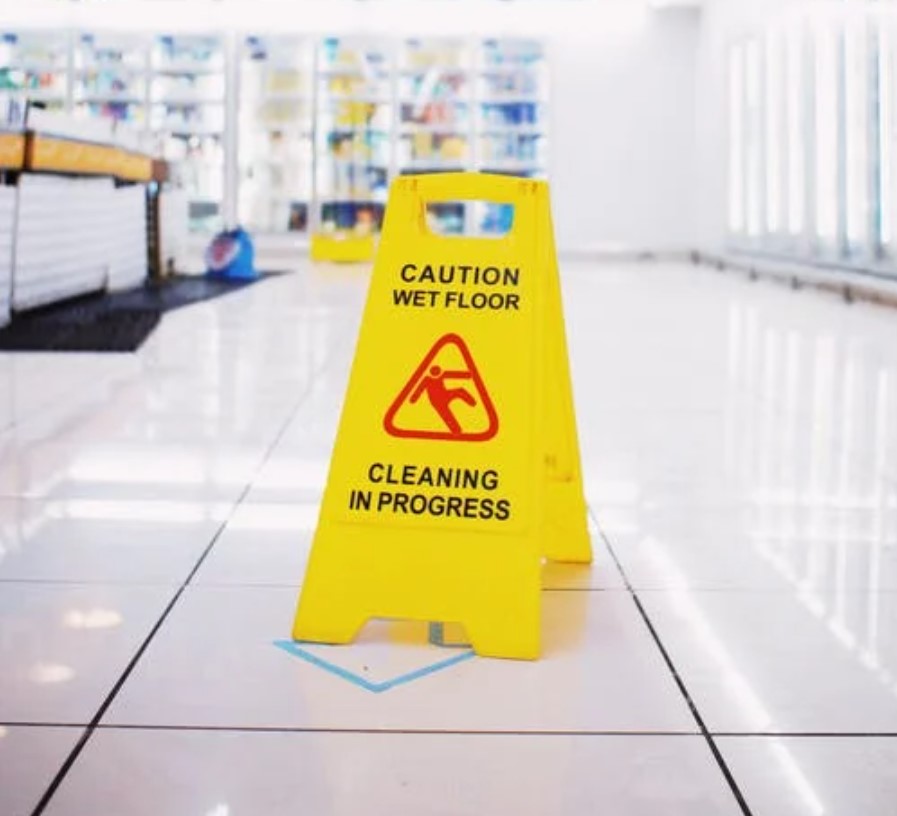Injured on Commerical Property? What You Should Know About Premises Liability

premises liability
The term premises liability refers to the responsibility of property owners and occupiers to ensure the safety of people on their properties.
If someone is injured on commercial property, they may be able to file a premises liability claim against the owner or occupier of that property.
Here are some points to remember about premises liability claims.
How to Prove Negligence
Imagine the following scenario: you’re walking through the food court at the mall, you slip on a wet spot and fall to the ground.
You scrape your knee and bang your head, and you’re sure you saw the spilled soda a second too late.
You’re angry and hurt, and you’d like to find out who’s responsible.
If you’re injured on someone else’s property, you should know about premises liability.
Property owners are responsible for keeping their premises safe for visitors, and if they fail to do so, they may be held liable for any injuries that occur.
To prove negligence, however, you must show that the property owner knew or should have known about the hazard and failed to address it.
If there is a spill or other accident, this can sometimes be difficult to do. As an example, if the spill just happened without the property owner knowing about it, they may not be held liable.
However, if there is evidence that spills are a frequent occurrence in the area and the property owner has failed to prevent them (by posting signs or providing matting), they may be held accountable.
Filing a Lawsuit
If you are injured on someone else’s property, whether the owner can be held responsible depends on the legal doctrine of premises liability. Despite your injury, the property owner may not always be responsible for certain injuries that occurred on their property.
As premise liability law is complex, you should speak with a personal injury attorney before filing a lawsuit. For instance, your injury isn’t the only thing the law considers.
Liability also depends on your classification as a trespasser, licensee, or invitee. Trespassers are people who don’t have permission to be on the property and aren’t invited.
A licensee is invited to use the property for social purposes (like a party guest) but not for business purposes (like a salesperson). In addition, an invitee is invited onto the property for business purposes (like a customer in a store).
Conclusion
When you are injured on commercial property, you should speak with an experienced personal injury lawyer as soon as possible to determine if you have a premises liability claim.
Lawyers can assist you in understanding complex laws and determining if the property owner can be held liable so that you can be properly compensated.
Category: Liability Insurance




